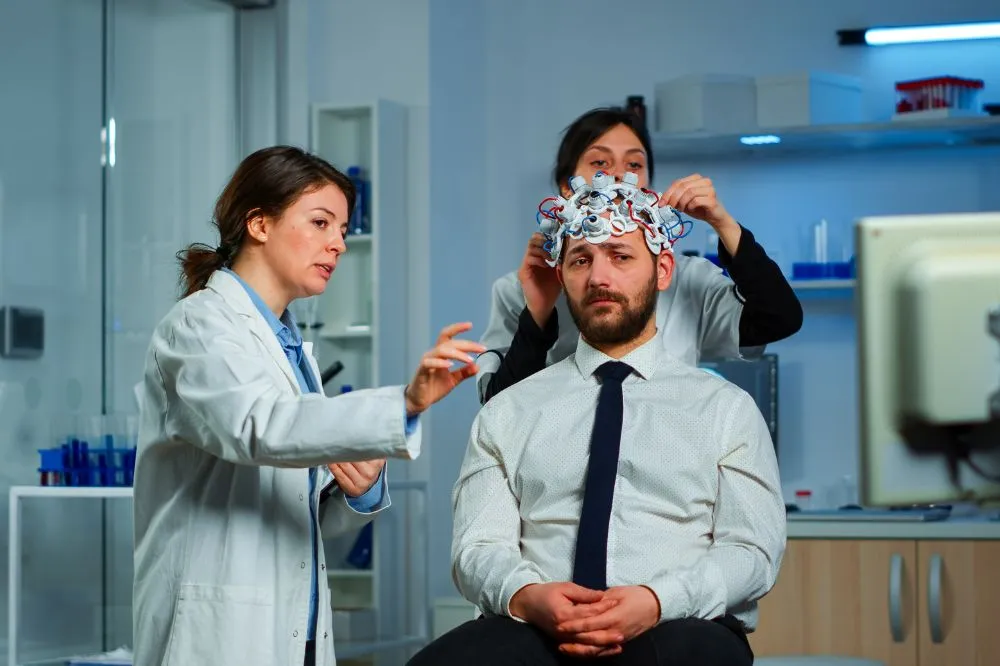Summary: Many people are living with chronic pain and need opioids to manage their condition. However, if, for some reason, they need to find a new physician, it becomes very difficult. People find it hard to find a physician who is ready to prescribe opioids for their chronic pain. A new survey of 452 primary clinics confirms that almost half of all clinics in the US do not want to take patients who use opioids to manage their pain. There are worries that they might have legal problems. They also think that patients must be abusing opioids leading to some serious opioid addiction. However, even if the patient is abusing opioids, it is not the reason to refuse care, as refusal may result in patients turning to illicit drugs.
Most Americans already know that it is pretty hard to find a physician who would readily treat their chronic pain, especially if they are on opioids. People often have to call many clinics before getting an appointment or finding a physician ready to help them. However, this is not just an imagination of some patients. A new study now confirms that it is a significant problem for those living with chronic pain and requiring opioids for pain treatment. If they need to change their physician for some reason, they are in trouble.
The new study shows that almost half of all clinics in the US are hesitant to treat patients living with chronic pain if they are on opioids. In the new study carried out by researchers at the University of Michigan, researchers used a technique called “secret shopper.” In the study, one poses as a female patient living with chronic pain and taking opioids. Then, experts called 452 primary clinics in nine states to ask if they were taking new patients.
Finding medical care for those using opioids for their chronic pain is challenging
If the clinic said “yes, ” the person would say that she is covered by insurance and looking for a new healthcare provider to treat her chronic pain, as her earlier physician has retired or stopped prescribing opioids. So the researchers made two calls to each clinic and talked about one of the scenarios.
To the researchers’ amazement, 43% of all clinics said they would not prescribe opioids in both scenarios (early physician retirement or physician stopped prescribing opioids). Only about 32% said that their primary care providers (PCPs) might prescribe opioids in these scenarios. However, another 25% gave mixed signals.
Here it is clear that doctors are hesitant to take patients that are taking opioids, and they are rejecting them without even considering their health condition. The study also found that clinics were twice more likely to reject these patients if they said their doctor stopped prescribing them opioids for some reason. In such instances, clinics assume that a person might be having problems related to opioid misuse.
The study suggests that there is a significant challenge in finding the proper medical care for living with chronic pain. However, the chances of finding care for chronic pain are further reduced if there are some indications that a person may abuse opioids. Healthcare experts warn that such a kind of refusal may significantly increase the risk of a patient’s conversion to illicit substances.
Researchers went further to explore why some clinics are so hesitant to treat such patients. They said that it is due to new legal norms and fear that they may get into some kind of trouble for prescribing these drugs.
The study results are consistent with another study done in 2019, in which researchers also found that 40% of primary care physicians are highly reluctant to treat patients who need opioids for their chronic pain.
However, this discrimination against opioid users is incorrect and poses some significant problems. Therefore, this study aims to show the existence of so-called bias towards opioid users and poor healthcare access.
Health experts say that even if a person is using opioids for other reasons than pain management, they still need medical help. In fact, those addicted to opioids need greater medical assistance, and those are the patients that primary care physicians must be treating.






